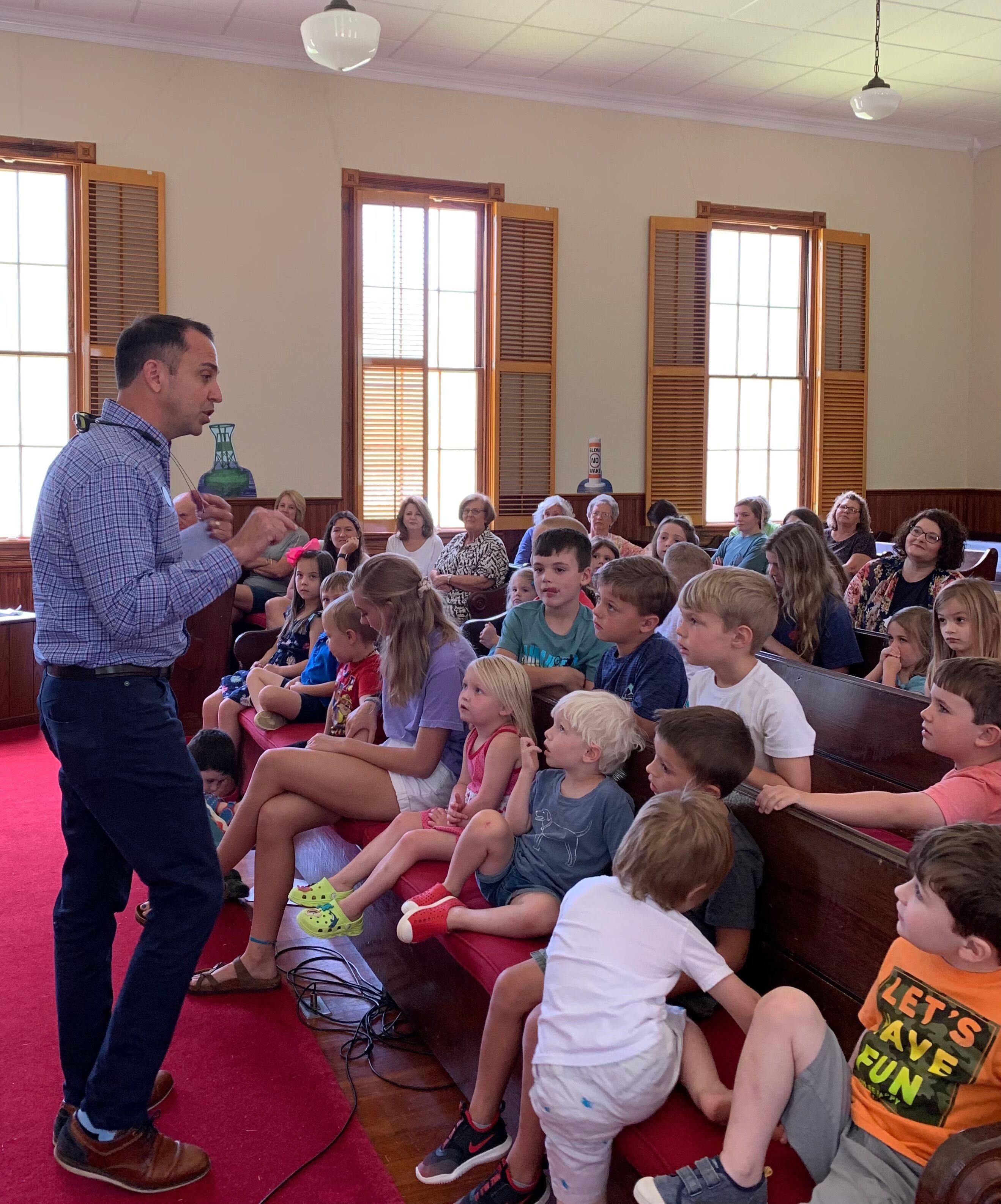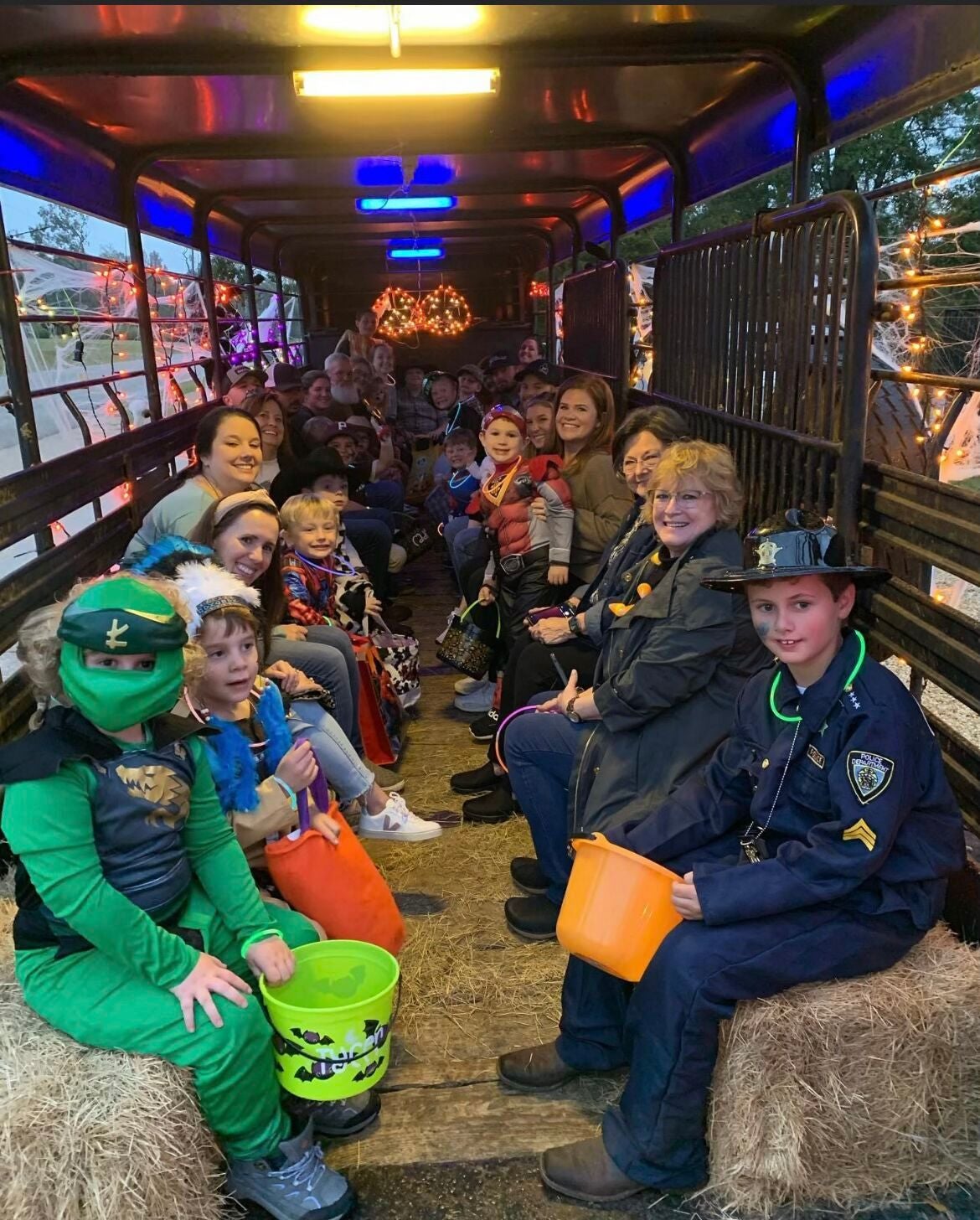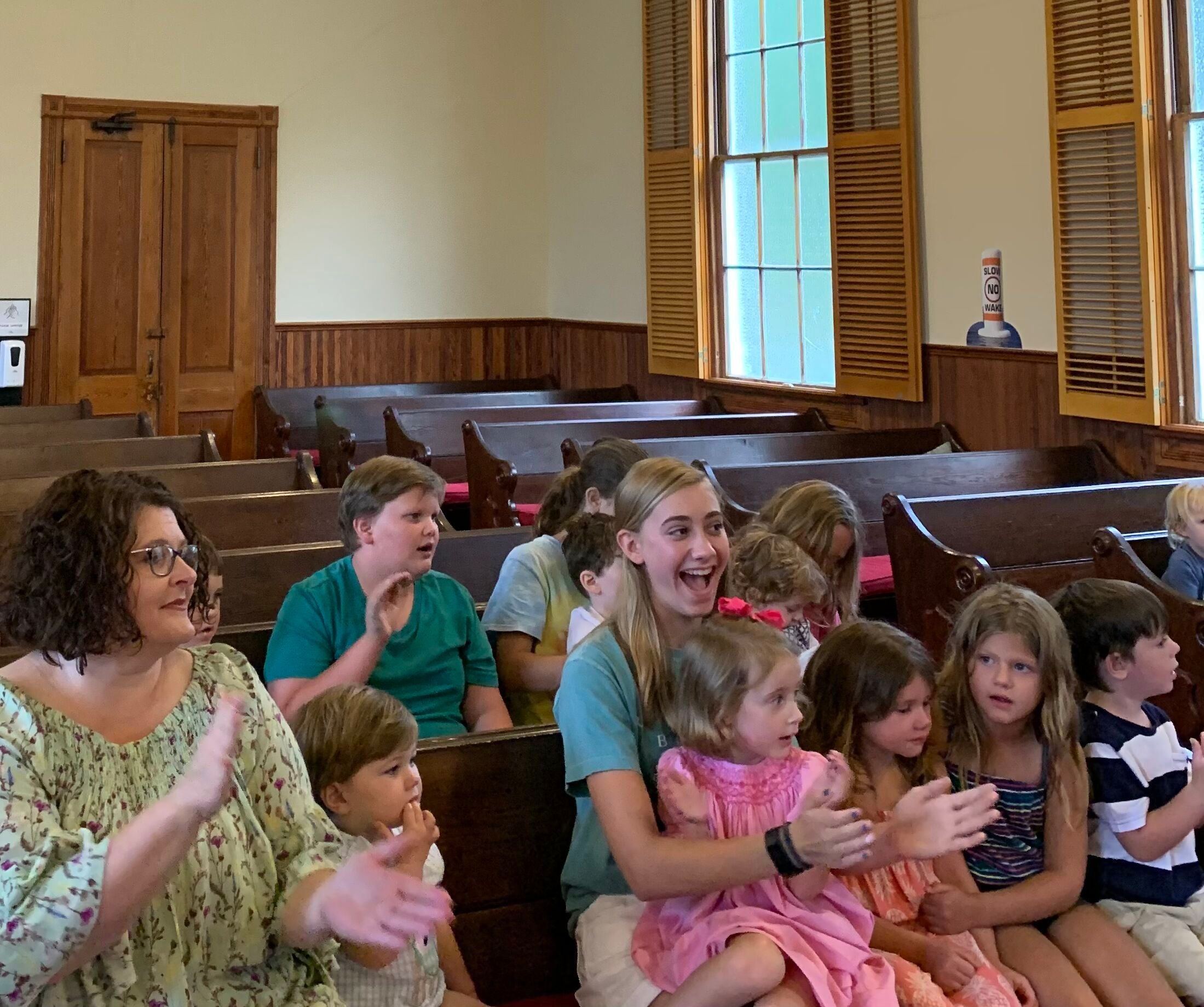Lowndesboro churches cross denominational lines to love their community together
Published 4:28 pm Wednesday, November 9, 2022
|
Getting your Trinity Audio player ready...
|
Lowndesboro numbers less than 100 residents, the very definition of a small town.
But Lowndesboro church members have big hearts and work together to love their small community.
Each Sunday, four Lowndesboro churches host their own Sunday School classes. Then, congregants are invited to join a cooperative service which rotates each Sunday between Lowndesboro Baptist Church, Lowndesboro Presbyterian Church, Lowndesboro United Methodist Church, and Saint Paul’s Episcopal Church.
“Everybody’s aware of their denominational differences, but yet just under the veil of that is this sort of singularity of community that’s very informal,” explained Reverend Sherod Mallow from Saint Paul’s. “There are no leaders; there’s no counsel. A lot of the communication happens primarily through the women.”
Lowndesboro Baptist Church pastor James Greene said the churches share a good relationship, planning and serving community needs together.
“We rotate services,” he said. “First Sunday, we go to the Methodist church; second Sunday it’s at the Baptist church; third is at the Episcopal; and fourth is at the Presbyterian church. Members who want to can go. We have lunch afterwards at the Episcopal, Methodist, and Baptist churches. It’s amazing that our churches do that.”
Greene said the cooperative services create one more opportunity to fellowship and learn.
“We know everybody already,” Greene reflected. “Why wouldn’t we go to each other’s churches and enjoy fellowship?”
While each church hosts their own events, like pancake suppers and hay rides, the four churches also cooperate for outreach events too.
Each summer, one church hosts the Community Vacation Bible School and the other churches help by contributing supplies and volunteers.
Cooperative efforts are mostly “lay leader” centered, Mallow notes. The clergy, he added, are sort of like ornaments to the design.
“It’s just a small-town organization,” Mallow reflected. “In other words, there are no written documents. There are no rules but somehow things get managed. And they get managed. through lay people in the congregation, not through the clergy.”
Green said the churches don’t focus on their differences, but rather choose to worship God as one body of believers.
“We never say, ‘Welcome to the Baptist or Methodist service,’” Green noted. “We say, ‘Welcome to worship. God is in this place.’
During the after-service meal, Greene usually sits with the other ministers giving them a chance to share their burdens with someone else who understands the challenges of ministry.
“I listen to them,” Greene said. “Sometimes they are disturbed about things. I don’t necessarily know what’s going on, but I listen and sympathize.”
The churches come together again, whenever there’s a community need, combining efforts to love their community in Christ’s name.
“It’s very sweet,” Mallow said. “It just sort of happens, literally. I haven’t heard when it started, but it’s been going on for years and it’s a very lovely thing. I get to know people through that service in the community that I would not know otherwise and that’s nice.”








